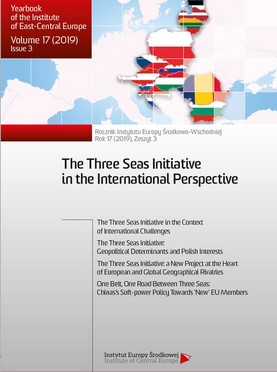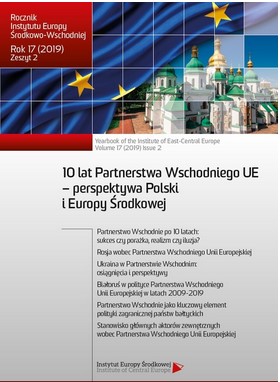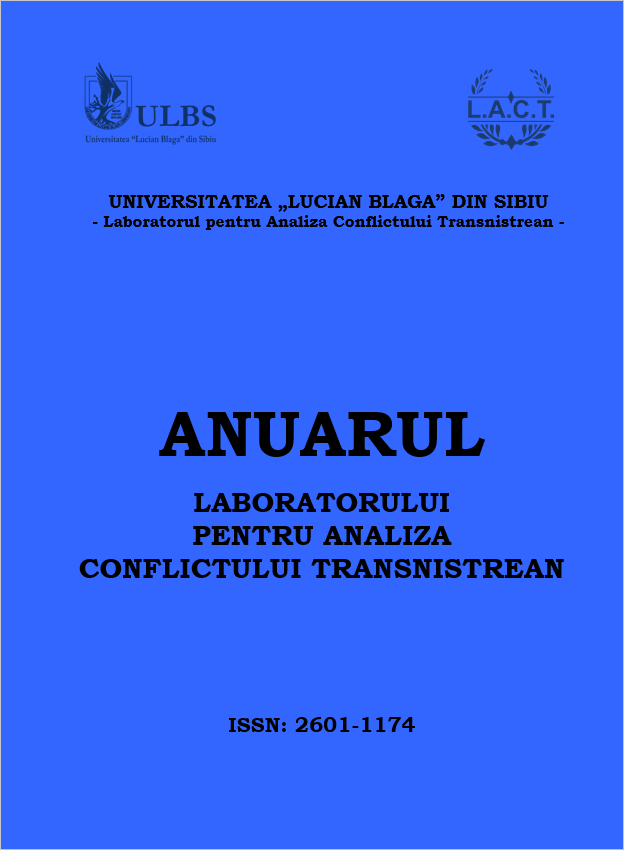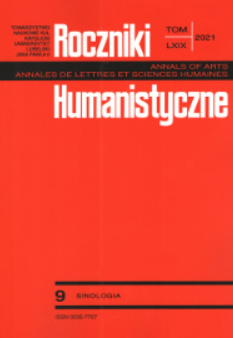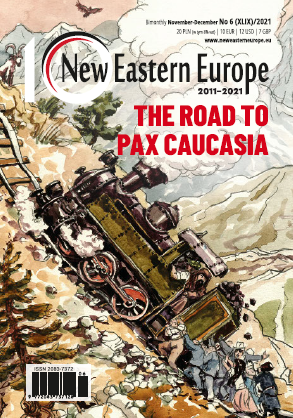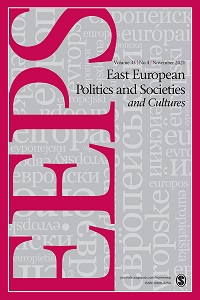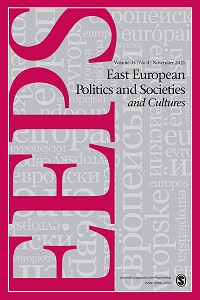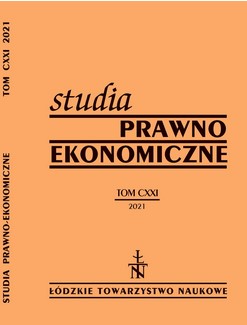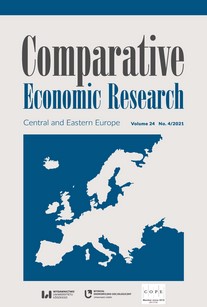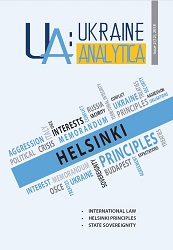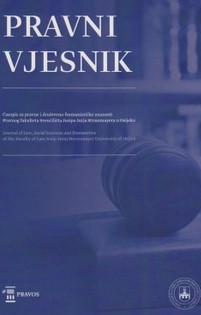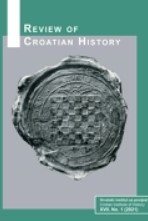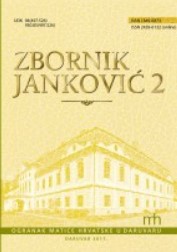Author(s): Rory Yeomans / Language(s): English
Issue: 04/2021
This article analyses the use of Europeanizing discourses in the travel writing of Croat visitors to the Third Reich. Situating these visits in the context of transnational exchanges in Hitler’s new Europe and the war against the Soviet Union, it considers a number of specific case studies of travel between Croatia and Nazi Germany. It argues that the European discourse of writers, journalists, and youth activists in the Ustashaled Independent State of Croatia served a number of specific purposes. First, they created a space of normality in an extremely violent state, providing an illusion of stability. By bringing the sights, sounds, and pleasures of travel to the near abroad back to Croatia in the form of books, magazine articles, and mobile film reels, they also gave citizens a glimpse of the good life, consumption, and materiality. As such, these travelogues and accounts of journeys overseas also aimed to persuade intellectuals and members of the cultural elite who did not support the Ustasha regime of the various material and professional “club goods” that might accrue to them by becoming active supporters of the regime. Furthermore, they served to create an impression of mobility in a surveillance state in which even internal travel was extremely restricted. Finally, in depicting Nazi-led war in the East and the struggle against the “East within”—in the form of the campaign of genocide against Serbs, Jews, Roma and so-called “asocials”— to building European brotherhood, modernization, and becoming an essential member of the new Europe, they became a source of regime legitimation, thereby telling us important things about the subjectivity of both the state and ideological tourists in a time of terror, war, and occupation.
More...
